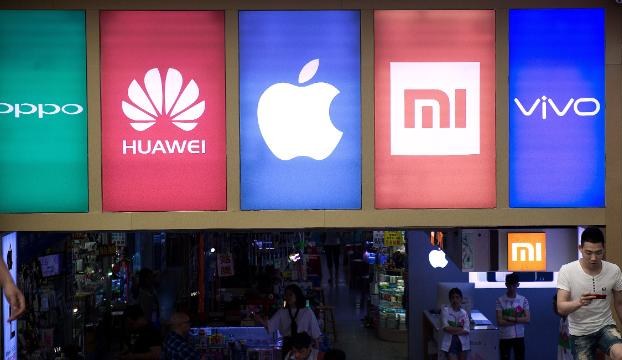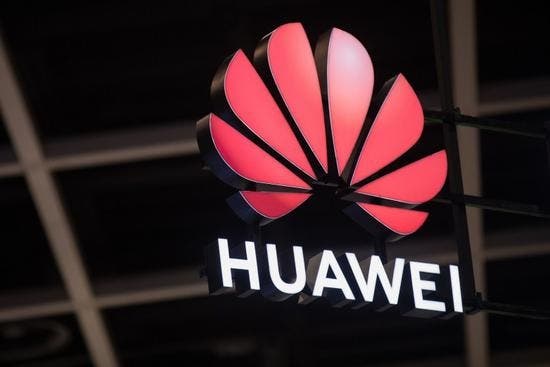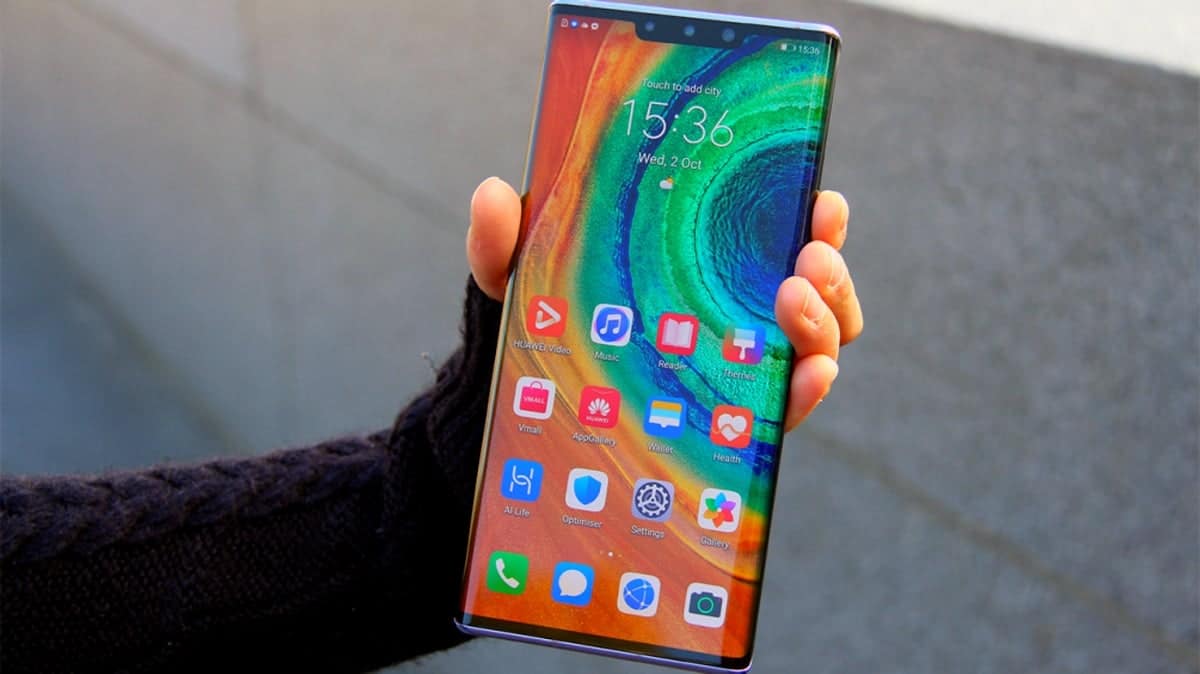After three consecutive years of recession in 2018-2020, global smartphone shipments are expected to pick up next year, thanks to the active deployment of fifth-generation mobile networks around the world.
Digitimes: Huawei will drop to the 7th place in 2021
According to Digitimes Research, demand for 5G smartphones will grow in the next five years, driven by the growing number of commercial 5G networks and expanding coverage. The low price of entry-level 5G devices in emerging markets will also drive global smartphone shipments, which are expected to reach over 1.5 billion units in 2023 and 1.7 billion units in 2025, respectively.

In 2021, Samsung Electronics and Apple will be able to take the top two positions, followed by Oppo, Vivo and Xiaomi. China’s Transsion, which sells entry-level phones under the Tecno, Itel and Infinix brands in Africa and South Asia, will come in sixth. Due to US trade sanctions, Digitimes expects Huawei to drop to seventh place.
Digitimes Research also expects global 5G phone shipments to surpass 200 million units in 2020 and grow to over 1.22 billion units in 2025.
Japanese companies Sony and Kioxia rush to help Huawei
The situation with the active imposition of sanctions against Huawei by the US government showed that restrictions do not give any positive results – everyone suffers, not only the Chinese company. For example, thanks to recent restrictions, Japanese companies supplying chips to Huawei face the risk of losing billions of dollars in revenue.
In order not to lose money, according to the latest data, Japanese companies Sony and Kioxia have applied for permission from the United States to continue doing business with Huawei. It is noteworthy that Intel has already received a license to supply chipsets to the Chinese giant.

As a reminder, Huawei is one of Sony’s leading partners in camera sensors. Another Japanese company, Kioxia, is one of the world’s leading manufacturers of flash memory chips.
Kioxia, a subsidiary of Toshiba, has warned that supply restrictions for Huawei could lead to an oversupply of memory cards. Due to the current uncertainty, the company had to postpone its ready-made spending plan for several billion dollars.
In turn, due to the sanctions against Huawei, Sony had to cut its spending plan for three years in advance, as there is currently a deficit of several billion dollars due to the inability to supply camera sensors to Huawei.
Interestingly, these two companies are not the only ones going to “save” Huawei’s business. The main competitors of the Chinese company Samsung Electronics also filed their application.





